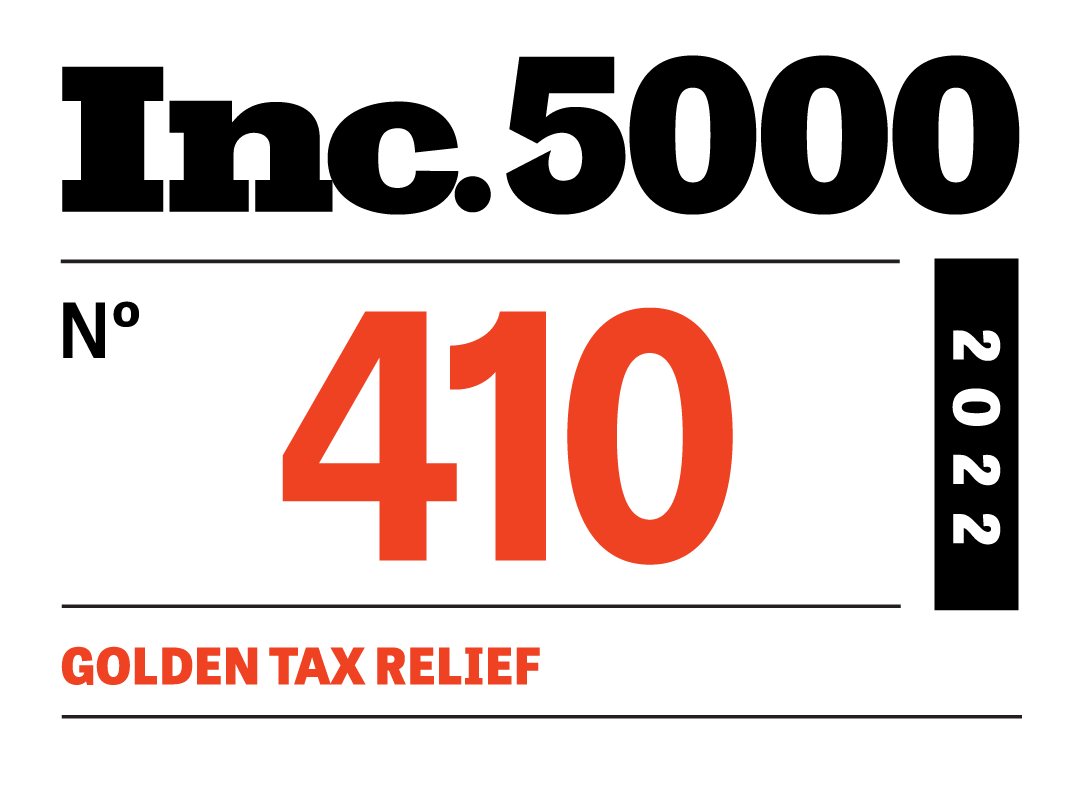Ranked in Top 500 Fastest Growing Companies in The USA

Tax Issues That Could Trip Up High-Income Businesses

For businesses that have achieved high levels of success and profitability, tax compliance and planning become an essential part of daily operations. One wrong move with the Internal Revenue Service (IRS) can lead to hefty fines, interest charges, audits, and, ultimately, loss of reputation.
As a high-income business owner or manager, you must stay on top of your tax game to avoid legal or financial entanglements. This post explores two tax issues that can potentially trip up high-income businesses to help you stay compliant and plan your taxes better.
High Tax Rates
High tax rates pose a significant challenge due to the progressive nature of most tax systems, where tax rates increase as income levels rise. This stands in stark contrast to a flat tax system, in which businesses pay an equal percentage of their earnings regardless of their income level. A high-income business is inherently subject to a higher tax bracket, leading to substantial tax liabilities.
While high taxes are not always bad, they can be problematic when business owners are not expecting them. Without effective planning strategies, these high tax obligations can result in cash flow issues, potentially affecting the business's overall financial health.
The high tax burden might also discourage further business growth or expansion, as the additional profits would also be subject to these high tax rates.
Beyond the immediate financial impact, high taxes can also create a complex and time-consuming compliance environment. High-income businesses often have diverse revenue streams and financial structures, which can complicate the tax calculation process and increase the risk of errors or oversights.
The burden of ensuring compliance with tax laws and the severity of penalties for non-compliance places additional stress on these businesses. This complexity and risk can make running the business less efficient and detract from its core operations.
State Tax Obligations
State tax obligations pose a significant challenge for high-income businesses, particularly those operating in multiple states. Each state has its unique tax laws and regulations. As such, a high-income business with operations spread across different states must navigate and comply with multiple tax codes.
This can be quite a struggle since understanding the nuances of each state's tax code requires a deep level of expertise and resources. Even a minor oversight or mistake in state tax compliance can have significant financial or legal repercussions.
High-income businesses must also consider state tax obligations when planning for their taxes. This may involve evaluating which states offer the most favorable tax rates or incentives for their business operations.
For instance, some states offer tax credits or exemptions for certain industries, such as manufacturing or technology. This information can help such businesses make informed decisions about where to expand or relocate their operations.
In addition, varying tax rates and rules among states can lead to instances of double taxation, causing an additional financial burden on these businesses. For instance, a business might be taxed on its income in the state where it has its headquarters and again in other states where it has operations or sales.
Some states might also have unique taxes, such as franchise taxes or gross receipts taxes, which can add to a business's total tax liability. Without careful planning and strategic decision-making, these state tax obligations can abruptly increase a high-income business's overall tax burden, leading to potential liquidity issues and reduced profitability.
Golden Tax Relief works with high-income businesses to provide expert tax planning and compliance services. Our team of experienced tax professionals focuses on maximizing your bottom line while ensuring full compliance with all applicable state and federal tax laws. Contact us today to learn how we can help you navigate these and other potential tax-related issues as you secure a brighter future for your business.












